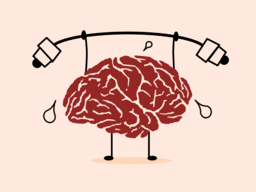Are you looking for a natural way to boost your brain? Look no further than traditional Chinese recipes!
With their emphasis on healthy ingredients and balanced flavors, they can not only delight your taste buds but also support your cognitive health. From soups and stews to stir-fries and teas, there are plenty of delicious options that can help boost memory, focus, and overall brain performance.
In this blog post, we’ll explore some of the best Chinese recipes for brain health and share tips on how to incorporate them into your diet. Let’s get cooking – and thinking!
Introduction to Traditional Chinese Food Recipe
Traditional Chinese recipes are full of ingredients that are known to be good for your brain health. For example, ginger is used in many traditional Chinese dishes and is known to improve blood circulation.
Other ingredients like ginseng and green tea are also commonly used in traditional Chinese recipes and are known to have positive effects on brain health.
Benefits of Eating Traditional Chinese Recipes for Brain Health
Traditional Chinese recipes have been used for centuries to promote brain health. The benefits of eating these recipes are numerous and include improved cognitive function, increased blood flow to the brain, and reduced inflammation.
Cognitive function is improved with the consumption of traditional Chinese recipes due to the presence of essential nutrients that are known to support brain health. These nutrients include omega-3 fatty acids, B vitamins, and antioxidants. Omega-3 fatty acids are critical for proper brain development and function. They can be found in abundance in fish, such as salmon, mackerel, and sardines. B vitamins are also important for maintaining cognitive health. These vitamins can be found in leafy green vegetables, legumes, nuts, and whole grains. Antioxidants play a role in protecting the brain from damage caused by free radicals. They can be found in fruits and vegetables of all colors, including dark leafy greens, berries, and tomatoes.
In addition to providing essential nutrients for brain health, traditional Chinese recipes also increase blood flow to the brain. This is due to the presence of compounds such as ginseng and ginger. Ginseng is a well-known herb that has been used for centuries to improve circulation. Ginger is another effective herb for increasing blood flow to the brain and has been shown to be particularly beneficial in reducing inflammation.
The benefits of eating traditional Chinese recipes for brain health are clear. These recipes provide essential nutrients that support cognitive
Types of Chinese Dishes That Boost Brain Health
There are many different types of traditional Chinese recipes that can help boost brain health. One type of dish that is especially beneficial for brain health is called mung bean soup.
Mung bean soup
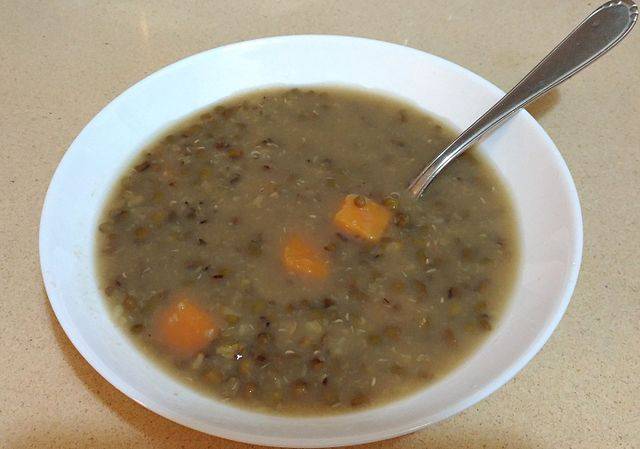
Mung bean soup is a soup made from mung beans, which are a type of small green bean. The mung beans are cooked in water with various other ingredients such as ginger, onions, and garlic. This soup is not only high in protein and fiber, but it also contains a compound called L-theanine. L-theanine has been shown to improve cognitive function and increase levels of serotonin and dopamine in the brain.
Jook (rice porridge)
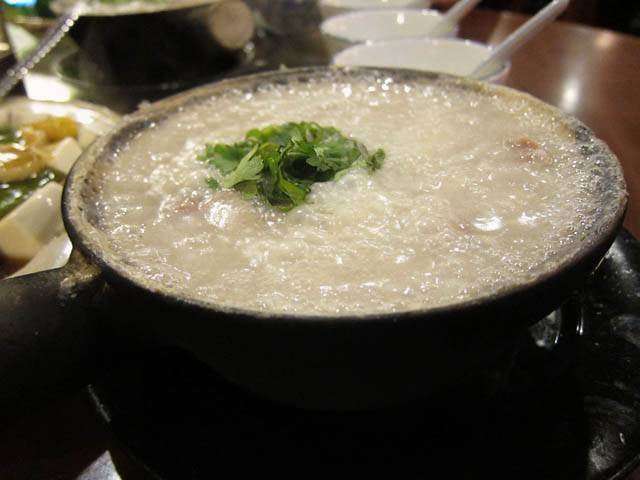
Jook is made by cooking rice in water or broth until it becomes soft and mushy. Jook can be eaten plain or with various toppings such as vegetables, meats, or eggs. Like mung bean soup, jook is also high in protein and fiber and contains L-theanine.
Dim sum
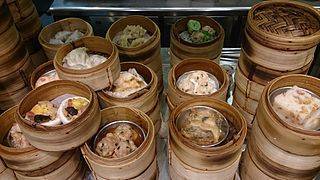
Dim sum is a variety of small dishes that are typically served as part of a Chinese tea ceremony. These dishes can include steamed dumplings, fried rice, noodles, and more. Dim sum is typically high in carbs and low in fat, making it a great option for those looking to maintain their brain health.
Nutrition of Traditional Chinese Foods
Traditional Chinese foods are not only delicious, but they also offer a variety of nutrients that can help boost your brain health. Here are some of the top traditional Chinese foods to incorporate into your diet:
Fish
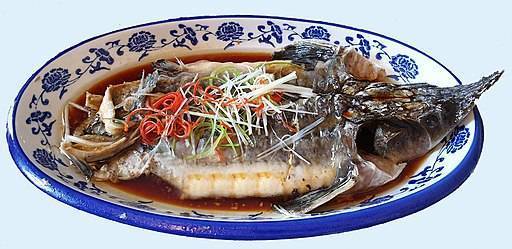
Fish is a great source of omega-3 fatty acids, which are known to support cognitive health. Try to include fish in your diet at least once a week.
Eggs
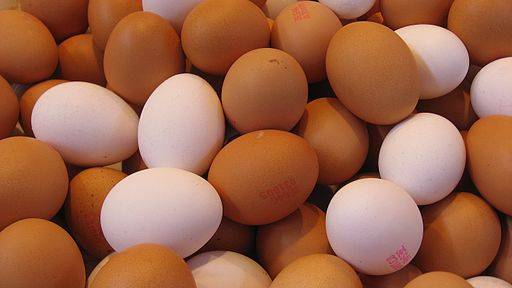
Eggs are another good source of omega-3 fatty acids, and they also contain choline, a nutrient that helps with memory and learning. Eat eggs regularly for breakfast or as part of another meal.
Nuts and seeds
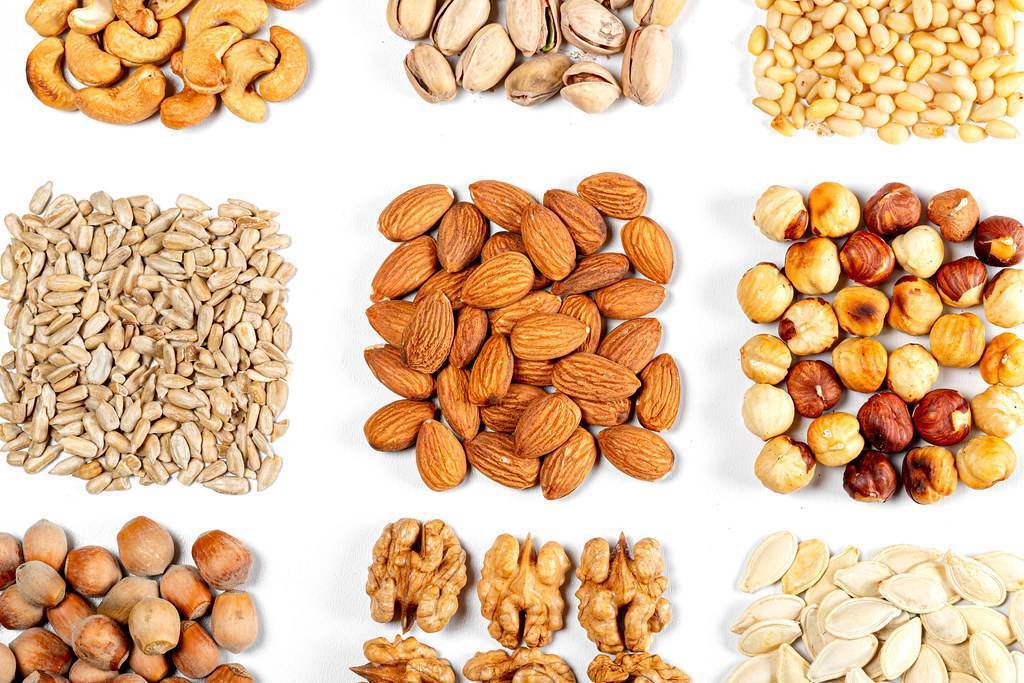
Nuts and seeds are packed with antioxidants and healthy fats that can help improve brain function. Include a handful of nuts or seeds in your diet each day.
Dark leafy greens
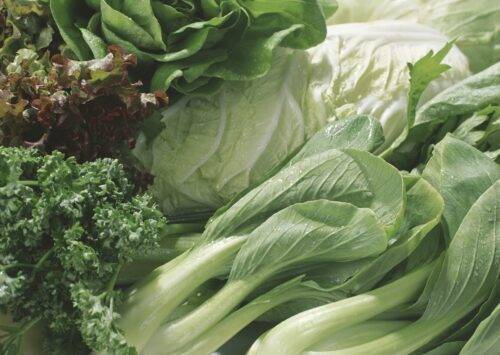
Dark leafy greens like kale and spinach are excellent sources of vitamins and minerals that support brain health. Eat them cooked or raw as part of salads, stir-fries, or on their own as a side dish.
Berries
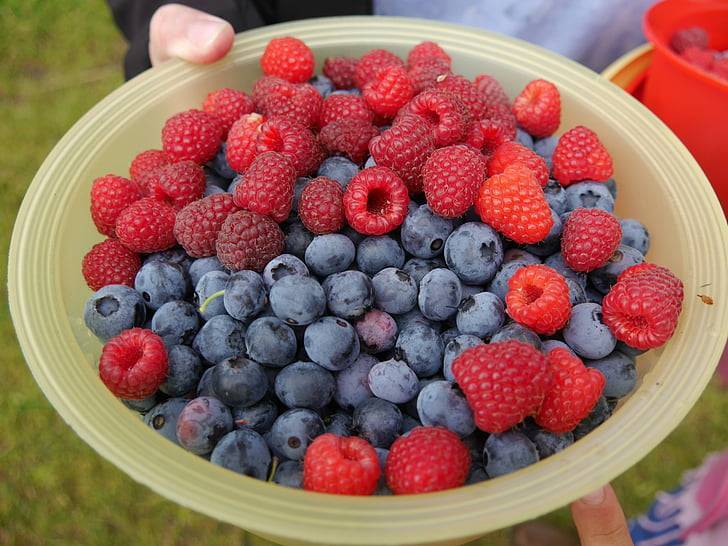
Berries are loaded with antioxidants that can protect the brain from damage and decline. Enjoy fresh berries as a snack or add them to yogurt, cereal, or smoothies
How to Use Traditional Chinese Recipes to Support Your Mental Wellbeing
While the benefits of traditional Chinese recipes on physical health are well-known, did you know that they can also support your mental well-being? Here are some ways to use these recipes to boost your brain health:
Get more omega-3 fatty acids
Traditional Chinese recipes often include ingredients like fish and seaweed that are rich in omega-3 fatty acids. These nutrients are essential for cognitive function and have been linked to a reduced risk of Alzheimer’s disease and other age-related cognitive declines.
Support healthy blood flow
Many of the herbs and spices used in traditional Chinese recipes have anti-inflammatory properties that can help to support healthy blood flow to the brain. This is important for cognitive function as well as overall brain health.
Promote healthy digestion
The digestive system is closely connected to the brain, so keeping it healthy is crucial for cognitive function. Traditional Chinese recipes commonly use ingredients that promote healthy digestion, such as ginger, garlic, and green tea.
Reduce stress
The stress-reducing properties of many traditional Chinese herbs and spices can help to promote calmness and relaxation, which is good for both the mind and the body. Stress has been linked with a variety of mental health problems, so reducing it can be beneficial for your overall well-being.
Common Misconceptions About the Effects of Chinese Food on Brain Health
Chinese food is loaded with MSG
While Chinese food does often contain MSG, it is not necessarily bad for you. In fact, MSG has been shown to have some beneficial effects on brain health, including improved cognitive function and memory.
Eating too much Chinese food will make you fat
This is a common misconception about all foods, not just Chinese cuisine. If you eat too much of any type of food, you will likely gain weight. However, Chinese food is generally healthy and can actually help promote weight loss when eaten in moderation.
All of the soy in Chinese food will give you man boobs
Soy contains a compound called phytoestrogen that can mimic the hormone estrogen in the body. However, there is no evidence that consuming soy-based foods like tofu or tempeh will cause men to develop breasts. In fact, soy has many health benefits and is actually good for brain health.
Conclusion
Traditional Chinese recipes are a great way to boost your brain health. Not only do they provide the vitamins and minerals necessary for healthy brain functioning, but they also contain powerful antioxidants that may help protect against age-related cognitive decline. Additionally, these recipes are often full of flavor and can make eating healthy food enjoyable. If you’re looking for ways to give your brain an extra boost of nourishment, consider incorporating some traditional Chinese dishes into your diet!


